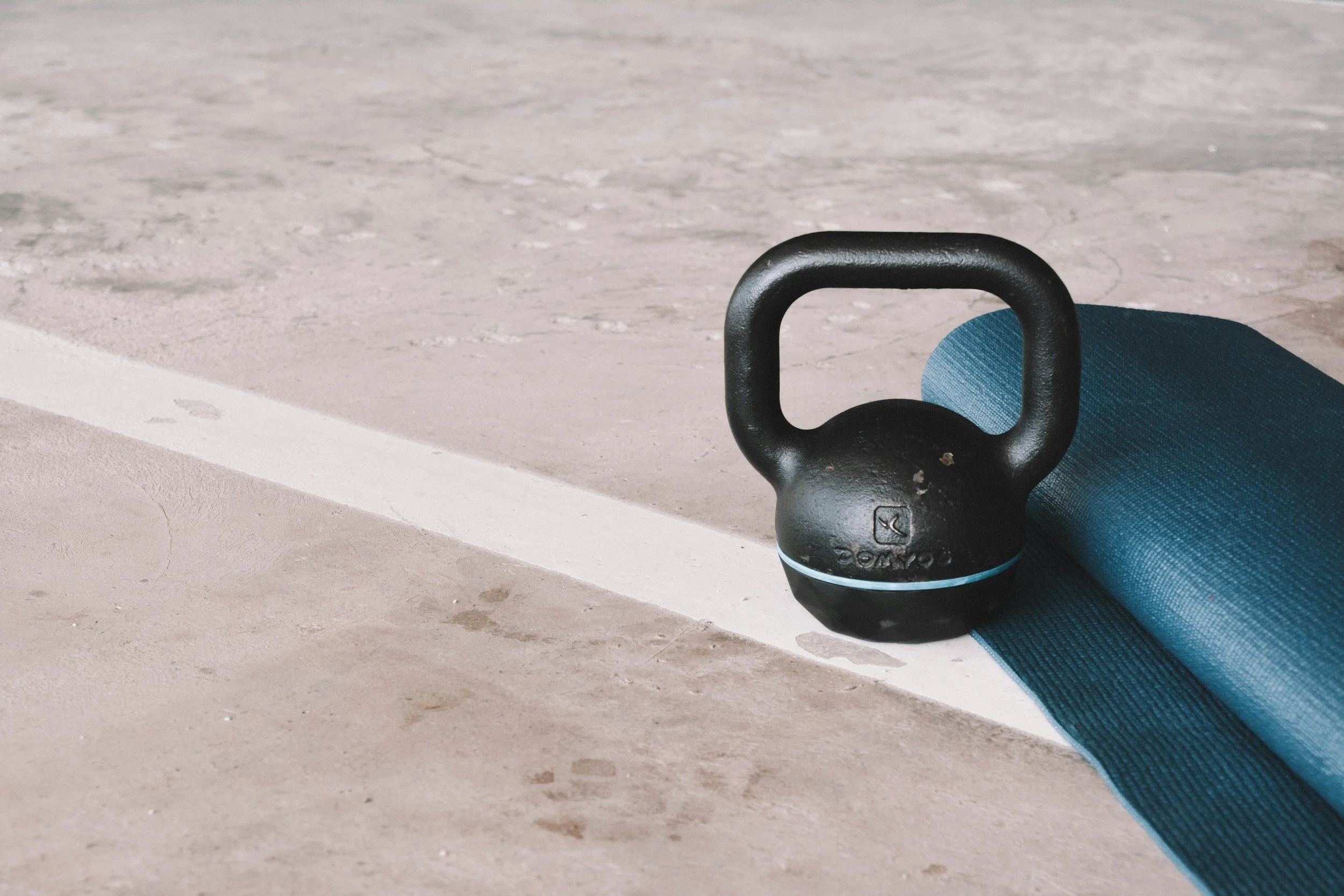Why Muscle Matters More Than You Think: A Woman’s Guide to Strength, Health, and Longevity
When women talk about health, the conversation often focuses on hormones, metabolism, or energy. Rarely do we hear muscle take center stage. Yet for women over 40, muscle isn’t just “nice to have”—it’s a non-negotiable.
Whether you're entering perimenopause, navigating menopause, or focused on long-term wellness, your muscle mass could be the difference between thriving and struggling.
Starting in your 40s, you lose about 0.5% of muscle each year. After 50, that increases to 1–2%, and by 60+, it can reach 3% annually.
Muscle: More Than Just Strength—It’s a Vital Health Organ
Most people see muscle as something tied to appearance or athleticism. But science says otherwise. Skeletal muscle is your body's largest organ, responsible for:
Metabolic Regulation: Muscle tissue handles over 75% of glucose disposal, helping manage blood sugar and reduce diabetes risk.
Hormonal Balance: It acts like an endocrine organ, influencing insulin sensitivity and inflammation.
Calorie Burn: More muscle increases your resting metabolic rate—helping you manage weight more effectively over time.
Disease Recovery: Stronger muscle supports better outcomes during illness, surgery, and even injury recovery.
Age-Related Muscle Loss: What Every Woman Needs to Know
Starting in your 40s, you lose about 0.5% of muscle each year. After 50, that increases to 1–2%, and by 60+, it can reach 3% annually. This process—called sarcopenia—doesn’t just affect how you look or feel. It can:
Reduce your balance and coordination.
Increase your risk of falls and fractures.
Lead to loss of independence.
Impair recovery from illness and increase hospitalization risks.
And here’s the most important part: muscle loss isn’t inevitable.
Muscle Gain is Possible at Any Age—Yes, Even in Your 70s and Beyond
You don’t need a gym membership or hours of lifting. What matters most is resistance—and consistency.
Start Small, Stay Strong: Resistance bands, light weights, and bodyweight exercises all count.
Challenge Yourself: Even lighter weights can build muscle if you work to near fatigue.
Consistency Over Perfection: Two sessions a week can improve strength, energy, and mood.
Protein: Your Muscle’s Best Friend
If exercise is the trigger for muscle growth, protein is the fuel. The standard RDA (0.8 g/kg/day) is not enough for women aiming to preserve or grow muscle—especially during weight loss or menopause.
Ideal Protein Intake for Women by Life Stage:
Perimenopausal/Younger Women: 1.2–1.6 g/kg/day to support muscle retention and fat loss.
Postmenopausal Women: 1.6 g/kg/day is recommended due to declining estrogen levels.
Women on Weight-Loss Medications: Up to 2.4 g/kg/day may help counteract lean mass loss.
For a 70 kg woman, that’s 84–112 grams of protein daily. Spread this across three meals and one snack to maximize muscle protein synthesis.
If You're Using GLP‑1 Medications (Semaglutide, Tirzepatide), Muscle Loss is a Risk
GLP‑1 agonists help with weight loss—but nearly 25–40% of that loss can be from muscle if you’re not careful. This loss can slow metabolism, increase frailty, and raise the chances of weight regain.
Protect Yourself by:
Slowing Down Med Dosing: Prevent rapid weight (and muscle) loss.
Eating More Protein: Prioritize high-protein meals with every dose change.
Lifting Weights: Even bodyweight or resistance band workouts make a big difference.
Tracking Progress: Use tools like grip strength tests, DXA scans, or even calf circumference to stay on top of changes.
Real-World Wins
One patient increased her protein intake to 1.5 g/kg, added resistance bands twice weekly, and slowed her medication titration. The result? She lost fat, kept her strength, and avoided the typical energy crash.
This is not hypothetical. It’s proven. And it’s repeatable.
Final Takeaway: Muscle is a Woman’s Secret Weapon
If you’re investing in your health and want sustainable energy, better metabolism, and greater resilience—muscle must be part of your plan.
Here’s what to do next:
Add resistance training to your weekly routine—even if it’s 20 minutes twice a week.
Prioritize whole food protein—aim for 1.2–1.6 g/kg/day.
Measure your progress—not just with a scale, but by strength, energy, and how you feel.
If you’re using weight-loss meds, slow the dose, eat more protein, and lift consistently.
Reach out for support. Work with a clinician or trainer who understands your goals.
Strong is not optional. It’s essential.
Defy Menopause - Own the Change
Many women tell me: "One day I feel amazing. The next, I can barely get out of bed. Is this normal?"
Yes, it is. And no, you don’t have to suffer through it alone.
Hormonal fluctuations during perimenopause can make you feel like you’ve lost control of your body. But knowledge is powerful. And there are clear, science-backed ways to support your hormones, ease symptoms, and reclaim your energy.
That’s exactly why I created Defy Menopause: Own the Change — a 30-day program designed to give you the tools, knowledge, and support you need to move through these changes with clarity and confidence.
Inside, you’ll find:
Weekly access to Dr. Tracy Verrico at live, group sessions
Clear action steps for managing symptoms naturally
Because you deserve more than just "putting up with it."
You deserve to thrive.
Let’s Connect
Schedule an Appointment | LinkedIn | YouTube | Instagram | Bona Dea Gynecology

